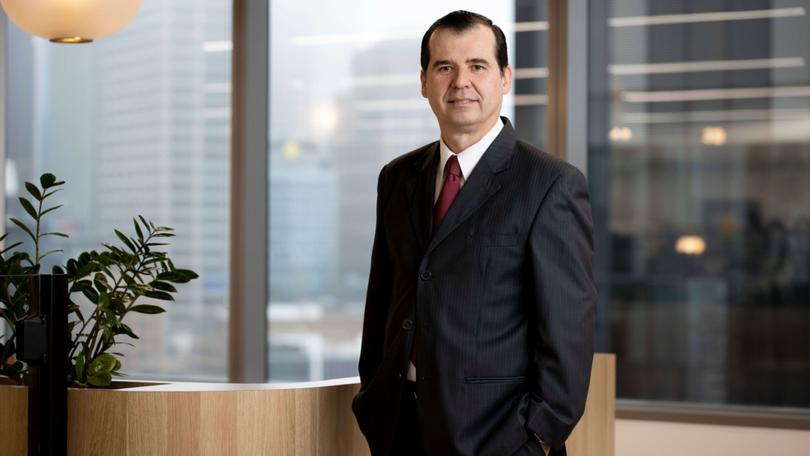Explosives maker Incitec Pivot blows up $1b talks on sale of fertiliser arm to PT Pupuk Kalimantan Timur
Incitec Pivot has quit protracted negotiations to sell its fertilisers arm to an Indonesian company, adding another chapter to a frustratingly drawn out plan to build a future as a pure explosives play.

Incitec Pivot has quit protracted negotiations to sell its fertilisers arm to an Indonesian company, adding another chapter to a frustratingly drawn out plan to build a future as a pure explosives play.
Australia’s biggest fertilisers producer said its decision to end talks with PT Pupuk Kalimantan Timur followed “careful consideration” of how to maximise value for shareholders after the discussions on the potential $1 billion-plus sale had meandered on for more than 12 months.
Incitec Pivot will continue to look at options for the fertilisers business but now prioritise a $900 million share buyback that was meant to begin after the sale.
Sign up to The Nightly's newsletters.
Get the first look at the digital newspaper, curated daily stories and breaking headlines delivered to your inbox.
By continuing you agree to our Terms and Privacy Policy.New chief executive Mauro Neves said on Wednesday the company had sought to complete a sale “in a timely manner”.
“We have determined we are unlikely to achieve this outcome with PKT in an acceptable time frame, and as a result we made the decision to cease negotiations with them,” Mr Neves said.
But his language around a demerger was less forceful than Incitec Pivot’s past description of the plan as “a key strategic priority”.
“We will continue to assess options for the structural separation of the two businesses, however in the near-term our focus will be on progressing the on-market buyback program for the benefit of our shareholders,” Mr Neves said.
He later told a call with investors that “the strategy hasn’t changed”.
“We will have to find another way to execute it,” Mr Neves said. “We just want to have that clean air ahead of us to allow us to move on with our capital management.”
The former BHP executive took Incitec Pivot’s helm in January, succeeding Jeanne Johns, the architect of the demerger plan, who stepped down 13 months ago amid investor pressure over the company’s performance and strategy.
Shares in the Melbourne-based group are off 35 per cent since Ms Johns announced a plan in May 2022 to spin off the fertilisers unit and concentrate on its Dyno Nobel business, one of the world’s biggest suppliers of explosives to the mining sector.
The strategy has proved contentious with some investors, who have argued that it would be harder for the two businesses to survive as standalone entities given market cycles and the increased cost of capital.
Incitec Pivot also on Wednesday reaffirmed that the fertilisers and explosive businesses were tracking to profit guidance handed down in May.
“Led by a talented global executive leadership team, our Dyno Nobel business is being transformed into a global operation which is expected to substantially improve its financial performance,” Mr Neves said.
”Our IPF business remains focused on value accretive market share growth and is in a strong position for the agricultural season ahead.”
The proposed Indonesian sale had attracted political scrutiny, with Federal Opposition resources spokeswoman Susan McDonald in April flagging she would push for a public inquiry into a deal given the importance of its fertilisers to Australia.
Global ratings agency Moody’s on Wednesday also noted that a sale to PKT could have faced regulatory hurdles.
“Given that the potential purchaser PT Pupuk Kalimantan Timur is an Indonesian state-owned enterprise, approval from the Foreign Investment Review Board would have been uncertain if the sale had proceeded because of the importance of Incitec Pivot’s fertiliser supply in the Australian food chain,” it said.
“We therefore had not incorporated the potential divestment in Incitec Pivot’s ratings given the uncertainty.”
